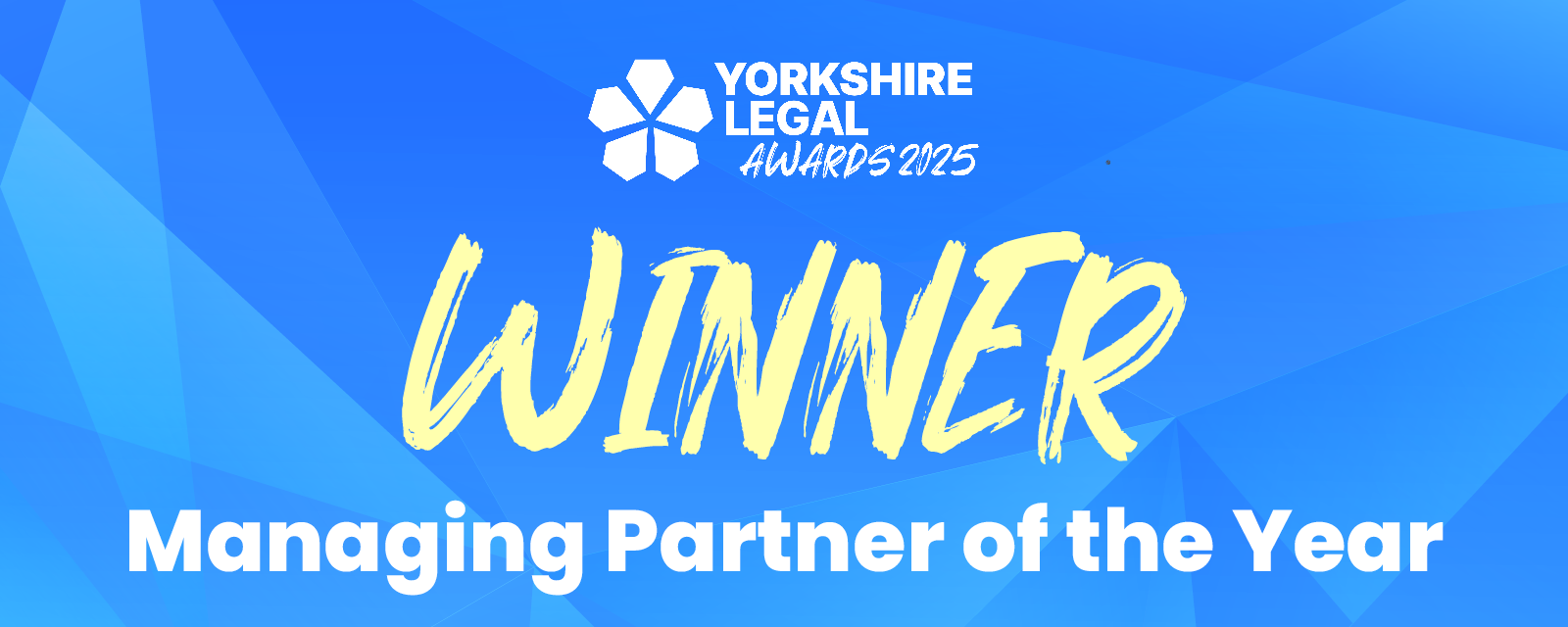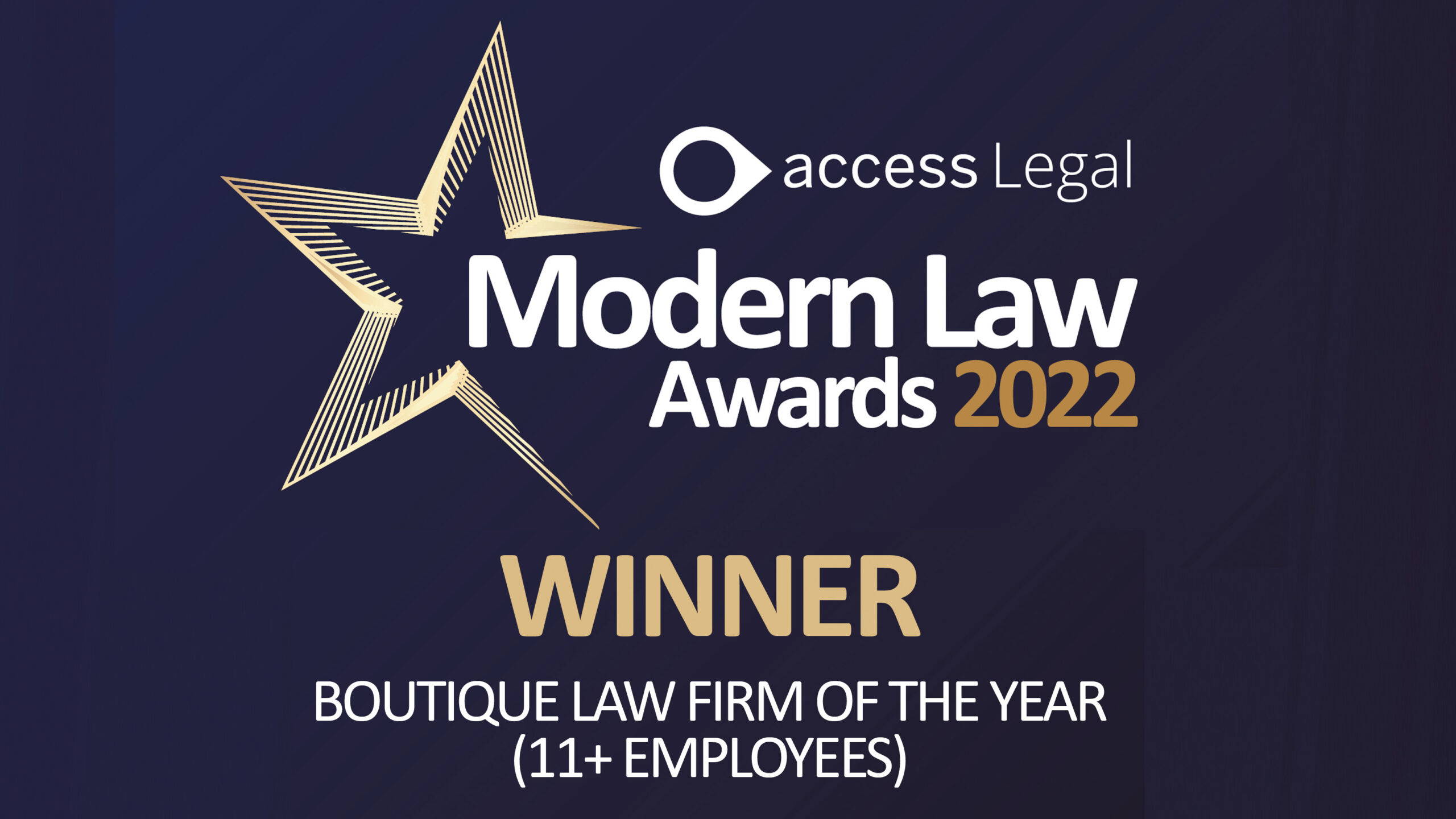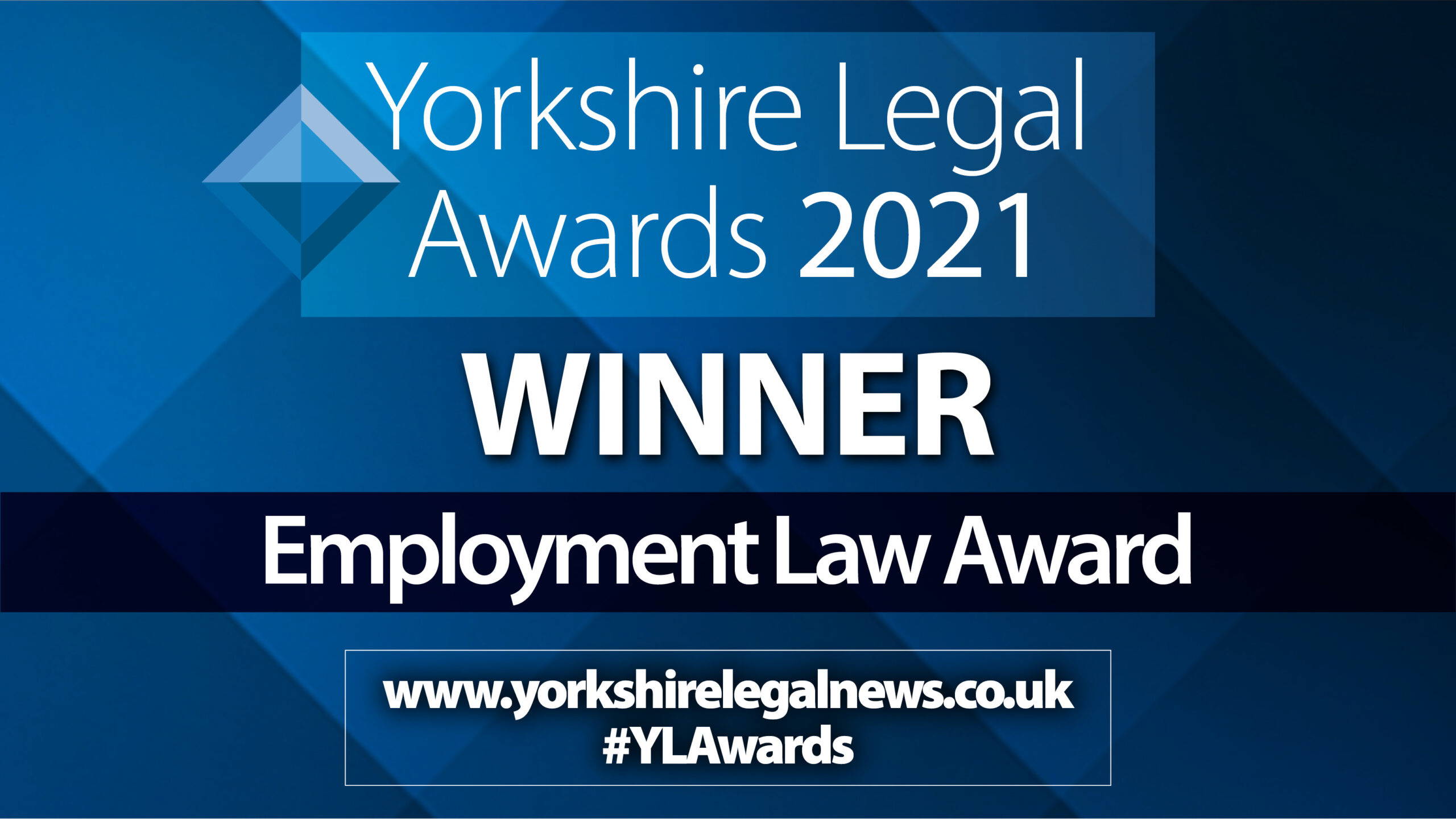When an employee discloses their neurodivergence, what are the next steps? The most common default for managers and HR teams is often to refer them for an occupational health assessment but is that always the right course of action?
What about a a workplace needs assessment?
In this blog, we will look at the benefits of both occupational health assessments and workplace needs assessments when it comes to exploring reasonable adjustments for your neurodivergent staff, and help you decide which route to choose to ensure you comply with your legal obligations and help your neurodivergent employees thrive at work.
Understanding the assessments: Occupational Health vs. Workplace Needs
Occupational health assessments are primarily based on the medical model of disability and are focussed around the employee’s medical diagnosis, clinical evidence, capabilities and restrictions taking into consideration their holistic capacity. Adjustments can include health management and safety, physical aids or therapeutic support but can also address advice for management to enable effective case progression.
These assessments can support return-to-work strategies after an absence due to illness or injury, or can be related to employee’s who are attending work but struggling to complete role requirements due to physical, mental or neurological difficulties. They are conducted by professionals with a specialism in workplace health, such as occupational health nurses and physicians and look to address the needs of the individual to undertake their contracted role.
Workplace needs assessments are based on the social model of disability, this means exploring the barriers that exist in the workplace and working to create a more inclusive environment. These assessments are a moreinclusive, holistic and employee-led approach, often focused on the day-to-day strategies employees can use in their roles. Needs assessments are conducted by professionals who specialise in neurodivergence, mental health, and assistive technologies.
When to use an occupational health assessment
An occupational health assessment is the preferred route when an employer requires objective medical input. Unlike other assessments, it provides a medically informed and expert evaluation of an employee’s fitness for their role, considering both physical and mental health and considering adjustments which may assist. This is particularly important for ensuring health and safety compliance, especially in industries with specific standards or roles involving potential hazards.
The assessment helps identify and mitigate risks, preventing injuries and ensuring the employee is capable of safely performing their duties. Beyond compliance, occupational health assessments are key for addressing work-related illnesses by identifying early signs of health issues like musculoskeletal disorders or stress. They are also instrumental in supporting an employee’s return to work and maintenance of attendance after an illness or injury, recommending appropriate adjustments for a safe and effective reintegration.
When to use a workplace needs assessment
A workplace needs assessment is a proactive and preventive approach that focuses on practical, day-to-day strategies to help employees thrive from the very beginning. Unlike a medical assessment, it emphasises direct employee engagement, listening to their lived experiences to co-create solutions. This is particularly valuable for neurodivergent employees, as it explores the specific cognitive and sensory barriers they face in the workplace. The assessment is holistic, considering the impact of multiple conditions or neurodivergences at once, and is an excellent option for employees who may not have a formal diagnosis but still require support.
These assessments are highly effective at exploring strategies that include a wide range of assistive technology and AI applications. Recommendations can cover everything from speech-to-text and mind-mapping software to apps and AI-powered grammar checkers that streamline workflows and suit an individual’s cognitive style. By focusing on an individual’s strengths as well as their barriers, the assessment celebrates diversity in thinking and helps employees perform at their best.
Providing workplace needs assessments can also lead to broader organisational benefits, fostering wider culture change by educating managers and teams, improving communication, and creating a more inclusive and adaptive work environment.
Sometimes, situations may require both an occupational health assessment to address occupational fitness and a workplace needs assessment to support the employee in the longer term it need not necessarily be an ‘either, or’ situation. It is always worth seeking advice and support and a conscientious provider of either will advise if all your needs can be addressed through one or requires both.
Ensuring Legal Compliance and Best Practices
How neurodivergence is managed at work is crucial as the Equality Act 2010 provides legal protections for most neurodivergent individuals. This means as soon as you have knowledge of your employees neurodivergence you should be looking at what reasonable adjustments you can put in place to support them. Most of the time people don’t know what will help them and managers are not expected to guess either! With the support of the right expert you can not only create space for the employee to feel valued and heard, but also give them an array of adjustments that might actually help them. Empowering them to start straight away and helping the manager assess what support the company can offer too. This ensures legal compliance whilst acting as a springboard to neuroinclusion. Win win!
It doesn’t stop there. To ensure employees receive the support they actually need and that legal compliance is maintained, it is vital that line managers receive the proper training, to know how to respond in the moment, and how to effectively manage reasonable adjustments. So often it falls down with the line manager who feels ill equipped, or makes assumptions and says the wrong thing. This isn’t the mangers fault – it’s usually because they haven’t been trained on how to have these difficult conversations, what process they should follow and how to effectively manage the relationship.
The role of the expert is to set out what would assist the employee with their neurodivergence at work. It is important to remember though, that is not a mandatory shopping list. The law requires employers to make “reasonable adjustments”. What is “reasonable” is not a medical or social question: it is a legal question and one which an employment lawyer can assist with.
The legal issues surrounding neurodivergence can be complex, such as – what if the suggestion was put in place but its not helping and we need to manage their performance? Or some of the suggestions won’t work in your workplace and you want to know how to navigate this in a kind but fair (and legally complaint) way. This is where an employment lawyer can come in and help you interpret the reports, manage the difficult conversation and navigate the legal complexities whilst considering the humans involved.
THRIVE LAW:
Beyond the Assessment: Creating an Inclusive Workplace
The insights gained from either an occupational health assessment or a workplace needs assessment are just the first step. For true success, these insights must be integrated into your company culture to build an environment of psychological safety. This means creating a space where employees feel comfortable sharing their needs, asking for support, and being their authentic selves without fear of judgement or negative consequences. By normalising conversations around neurodiversity and disability, you can empower employees to thrive and ensure that the reasonable adjustments identified in the assessment are not just implemented, but become a seamless part of your day-to-day operations. Ultimately, the goal is to shift from reactive support to a proactive culture where every employee feels understood, valued, and safe to perform at their best.
As a neurodivergent founder no one ever asked me what I needed and to be fair I didn’t ask my self. Having a needs assessment created the space to do this, helped me to understand my needs better and to put strategies in place to help me. It also helped me to understand where my needs were at work, helping me to be more self aware. I found the whole process empowering and enlightening as both an employer and as someone who personally wen through needs assessment. I always recommend my staff and clients also use these assessments to understand what the real needs of their neurodivergent teams are.
For help creating a reasonable adjustment policy or playbook, training your managers on how to have difficult conversations around neurodivergence or managing reasonable adjustments, or for legal advice on whats “reasonable” – drop us an email now for a no obligation chat on enquiries@thrivelaw.co.uk
For more information about the different benefits of occupational health assessments, please click here and workplace needs assessments, please click here.
To book a workplace needs assessment, please email the team at Aim Forward on hello@aimforward.co.uk or call 0330 133 9600.









